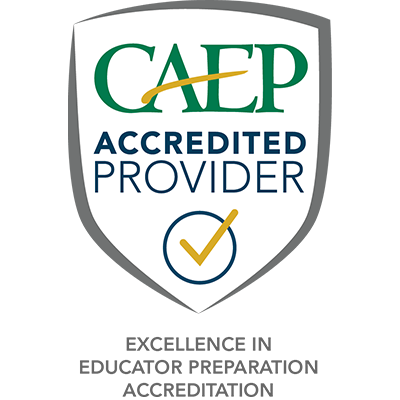English as a Second Language Teaching Endorsement (Post-Baccalaureate, Online)
Important dates
-
Applications are to be submitted two months before the start of the semester
What you'll learn
Wayne State University’s ESL teaching endorsement program provides certified teachers with the knowledge and skills to scaffold instruction for English learners. With this endorsement, teachers can provide instruction for multilingual learners in a general education classroom, co-teach, or work exclusively with PK-12 multilingual learners who are learning English.
Curriculum for English as a Second Language
1 Year Program Plan
Fall semester
| Courses | Cr. Hrs. |
|---|---|
| Total | 6 |
| BBE 5500 Introduction to Bilingual Bicultural Education | 3 |
| LED 6505 Culture as the Basis of Language Teaching | 3 |
Winter semester
| Courses | Cr. Hrs. |
|---|---|
| Total | 6 |
| BBE 6510 Second Language Acquisition and the Teaching of Grammar | 3 |
| BBE 6520 Teaching English as a Second Language/Foreign Language Methods | 3 |
Spring/Summer semester
| Courses | Cr. Hrs. |
|---|---|
| Total | 8 |
| LED 6565 Assessment in Language Teaching | 3 |
| RLL 6700 Second Language Literacy Development K-12 | 3 |
| TED 6820 BBE-ESL Endorsement Clinical | 2 |
Total Credit Hours: 20
1.5 Year Program Plan
Fall semester
| Courses | Cr. Hrs. |
|---|---|
| Total | 3 |
| BBE 5500 Introduction to Bilingual Bicultural Education | 3 |
Winter semester
| Courses | Cr. Hrs. |
|---|---|
| Total | 3 |
| BBE 6510 Second Language Acquisition and the Teaching of Grammar | 3 |
Spring/Summer semester
| Courses | Cr. Hrs. |
|---|---|
| Total | 6 |
| LED 6565 Assessment in Language Teaching | 3 |
| RLL 6700 Second Language Literacy Development K-12 | 3 |
Fall semester
| Courses | Cr. Hrs. |
|---|---|
| Total | 6 |
| LED 6505 Culture as the Basis of Language Teaching Or BBE 5500 Introduction to Bilingual Bicultural Education | 3 |
Winter Semester
| Courses | Cr.Hrs. |
|---|---|
| BBE 6520 Teaching English as a Second Language/Foreign Language Methods I | 3 |
| TED 6820 BBE-ESL Endorsement Clinical | 2 |
| Total | 5 |
Total Credit Hours: 20
Note: The certification eligibility includes holding a valid teaching license, completing program coursework, and passing the Michigan Test for Teacher Certification for English as a Second Language.
Admission requirements
We recommend, but do not require, that applicants hold a valid Michigan Teaching License. However, to obtain a Michigan ESL Endorsement, you must hold a valid Michigan teaching Certificate. Applications to this program must be submitted two months before the start of the semester.
Learn more
Develop the knowledge and skills essential for success as a future educator. With a degree from Wayne State and a teaching certificate, you'll be one step closer to making a difference in the lives of children.
- Want to find out more about bilingual/bicultural education at Wayne State? Request more information
- Eager to get started? Apply now
- Make sure you are on track for graduation - Speak with an academic advisor
Professional Licensure Program Disclosure
The University has determined that the curriculum of the initial teacher certification and endorsement programs at Wayne State University in the College of Education, leading to a credential as a certified teacher, meets the educational requirements for licensure or certification in all states. However, there may be specific state requirements beyond the reciprocity agreement.
Accreditation

CAEP_Accreditation
The College of Education educator preparation programs are accredited by the Council for the Accreditation of Educator Preparation (CAEP).
Accreditation means that a program meets the standards set by the academic and professional community. It’s a seal of approval indicating that the program prepares new educators to teach effectively.
Contact
Kathryn L. Roberts, Ph.D.
Professor and program coordinator
313-577-1509
eo9096@wayne.edu
Beverly Schneider
Academic advisor II
313-577-0915
beverly.schneider@wayne.edu
Teacher Education Division
Phone: 313-577-0902